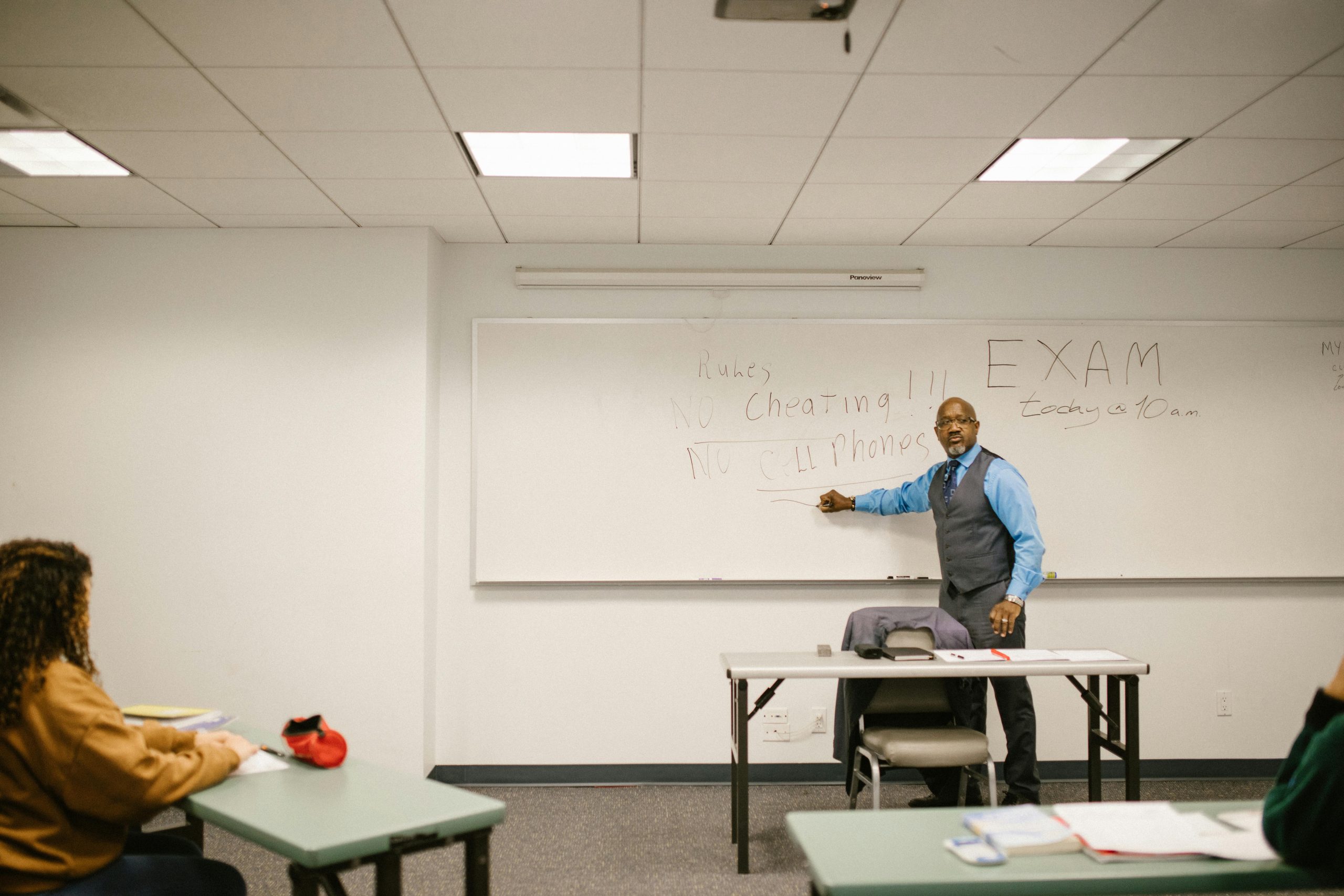Is Reaching Out to Thank a Professor After the Semester Ending Appropriate?
Showing Appreciation Beyond the Classroom: When and How to Thank Your Professors
Expressing gratitude to educators can be a meaningful gesture that strengthens your academic relationships and acknowledges their dedication. However, questions often arise about the timing and appropriateness of such communication, particularly when the semester has concluded.
Understanding the Context
Consider a scenario where a student received exceptional support from a professor during a summer session. This professor dedicated additional time to assist with complex mathematics topics not covered by the standard curriculum—an act that clearly demonstrates their commitment and willingness to go above and beyond. Such acts can significantly impact a student’s learning experience and motivation.
In this case, the student also wishes to return a borrowed book, which they forgot to give back during the semester. The student contemplates sending an email to the professor in the fall to both thank them and inform about the book return.
Is It Appropriate to Send a Thank-You Email After the Semester?
The short answer: Yes, it is generally considered appropriate and appreciated to reach out to professors after the semester or coursework has concluded. Educators value knowing that their efforts have made a positive impact, and a thank-you note can be a meaningful gesture of gratitude.
Best Practices for Such Communications
-
Timing: Sending an email after the semester or during the break is suitable. It allows for reflection and ensures the message isn’t lost amidst ongoing coursework.
-
Content: Keep the message concise, polite, and sincere. Mention specific ways the professor helped you, express your appreciation, and note any additional updates, such as returning borrowed items.
-
Tone: Maintain professionalism while being warm and genuine. Personal touches that highlight the impact of their support are often well received.
-
Purpose: Besides expressing thanks, briefly mention pertinent logistical information—like the plan to return the book—to ensure clarity.
Sample Approach
You might write something along these lines:
Dear Professor [Name],
I hope this message finds you well. I wanted to sincerely thank you for your generous support and guidance over the summer. Your assistance with the math topics greatly enhanced my understanding, and I genuinely appreciate the time you dedicated to helping me.
Additionally, I realized I forgot to return the book you lent me. I plan to bring it back to campus this fall. Thank you again for your kindness and support.
Best regards,
[Your Name]
**
